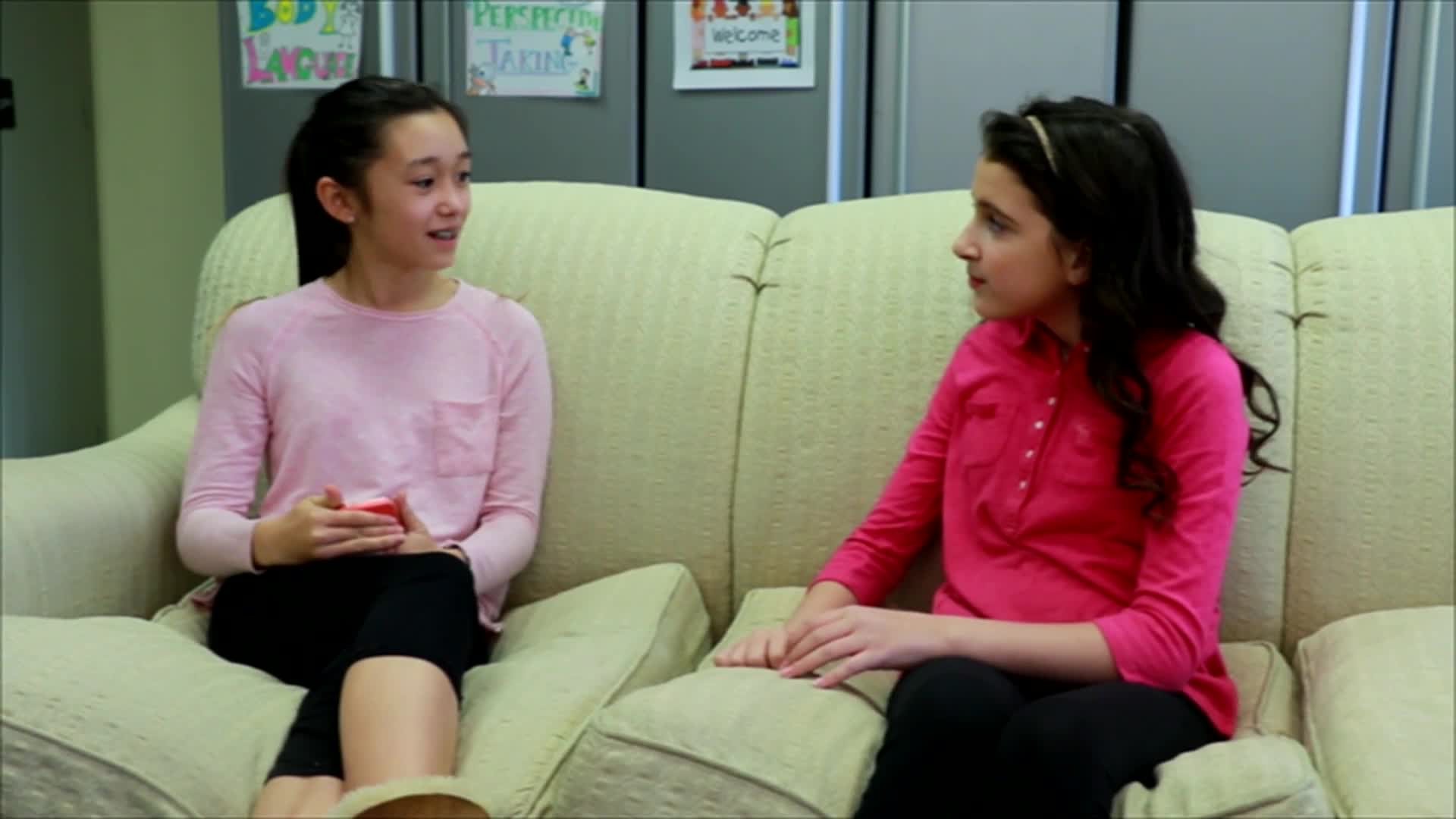
Developing conversation skills is crucial for students in special education settings. This blog post aims to provide educators with a no-prep activity, discussion questions, and related skills to help students engage in meaningful interactions. By incorporating principles of Social-Emotional Learning, students will learn how to initiate, maintain, and participate in conversations effectively.
No-Prep Activity: “Conversation Chain”
This activity requires no preparation or materials and helps students practice the basic structure of a conversation. The objective is to create a “chain” of conversation by taking turns speaking and responding to each other.
- Divide the students into pairs or small groups.
- Explain that each student will take turns initiating a conversation, responding to the other person, and continuing the conversation.
- Model a conversation between two people, such as the example provided in the prompt: Ashley greeting Liz, asking about the assembly, and both continuing the conversation.
- Encourage students to practice this structure using different topics and scenarios.
- After a few minutes, have the students switch partners and practice again with new topics.
This activity helps students understand the flow of a conversation and practice the essential skills of greeting, asking questions, and responding to others.
Discussion Questions
Use these questions to stimulate further discussions about conversation skills:
- Why is it important to greet someone before starting a conversation?
- What are some effective ways to ask questions or make comments to engage in a conversation?
- How can you show you are actively listening and responding to the other person in a conversation?
- What are some strategies to help keep a conversation going?
- How can we be respectful and considerate when participating in a conversation?
Related Skills
In addition to conversation skills, there are several other related skills that are important for students in special education settings:
- Active Listening: Developing the ability to focus on the speaker, understand their message, and respond appropriately.
- Nonverbal Communication: Recognizing and interpreting body language, facial expressions, and other nonverbal cues during conversations.
- Empathy: Understanding and sharing the feelings of others, which can enhance the quality of conversations and relationships.
- Problem-Solving: Collaborating with others to find solutions during conversations, especially when conflicts or disagreements arise.
Next Steps
Teaching conversation skills is an essential part of supporting students in special education settings. By engaging in no-prep activities and discussing the importance of these skills, students will be better equipped to initiate and participate in meaningful conversations. To access more resources and sample materials for teaching conversation skills and other social-emotional learning concepts, sign up for free samples at Everyday Speech.

